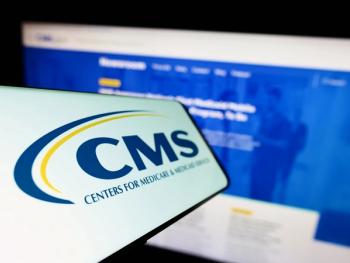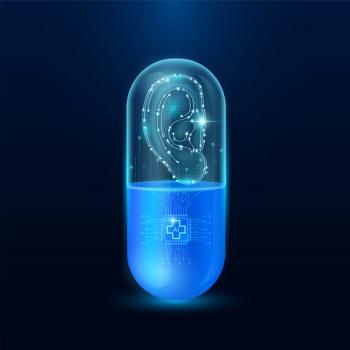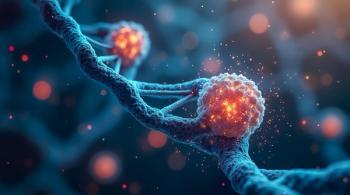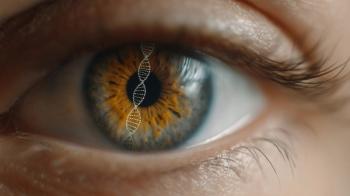
FDA Approves Gene Therapy for Debilitating Enzyme Deficiency
Kebilidi is a one-time gene therapy administered directly to the brain in patients with AADC deficiency, rare genetic disorder.
The FDA has granted accelerated approval for the gene therapy Kebilidi (eladocagene exuparvovec-tneq) to treat children and adults with AADC deficiency, a fatal, rare genetic disorder that typically causes severe disability.
AADC deficiency results in the inability to synthesize dopamine, a neurotransmitter essential for motor function and leads to metabolic disturbance of dopamine, norepinephrine, epinephrine, and serotonin. Children with AADC deficiency can experience seizure-like oculogyric crises (involving the eyes), frequent vomiting, behavioral problems, and difficulty sleeping.
“AADC deficiency can cause a range of debilitating symptoms, including life-threatening complications,” Nicole Verdun, M.D., director of the Office of Therapeutic Products in FDA’s Center for Biologics Evaluation and Research (CBER), said in a
Developed by PTC Therapeutics, Kebilidi is an adeno-associated virus vector-based gene therapy indicated for the treatment of adult and pediatric patients with AADC deficiency. It is the first-ever gene therapy approved in the United States that is directly administered to the brain. It is administered in four infusions in a single surgery through a stereotactic surgical procedure, which is used in the treatment of a number of neurological disorders.
Kebilidi uses ClearPoint Neuro’s SmartFlow Neuro Cannula, which is approved in both the United States and Europe as a way to deliver gene therapies to the brain.
“I have witnessed first-hand the positive impact these treatments have had on children with AADC deficiency. Neurosurgeons are leading the way in this promising field to address the underlying genetic cause, and not just the symptoms, of devastating neurological disorders by delivering gene therapy directly to targets in the brain through dedicated platforms,” Daniel Curry, M.D., director, Functional Neurosurgery and Epilepsy Surgery at Texas Children’s Hospital and professor, Neurosurgery and Surgery at Baylor College of Medicine, said in a
In a separate
PTC Therapeutics
A total of 13 patients received Kebilidi, and 12 patients were assessed for efficacy at week 48. Eight patients met new gross motor milestones with three patients achieving full head control, two patients sitting with or without assistance and two patients achieving walking backwards. The two who were able to walk backwards were treated before the age of 2 years. None of the 43 untreated patients achieved milestones.
The most common adverse reactions of Kebilidi are dyskinesia (involuntary muscle movements), fever, low blood pressure, anemia (low red blood cell count), increased saliva production, insomnia, low levels of potassium, phosphate, and/or magnesium, and procedural complications such as respiratory and cardiac arrest.
The therapy is approved as Upstaza in both the European Union and in the United Kingdom to treat AADC deficiency. Upstaza generated revenue in 2023; but PTC’s financial documents only indicated that sales from Tegsedi, Waylivra and Upstaza contributed $22.7 million in 2023.
Newsletter
Get the latest industry news, event updates, and more from Managed healthcare Executive.























